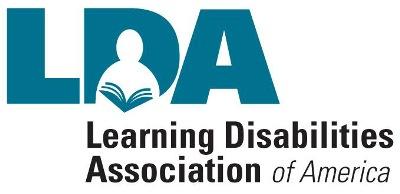Explainer: Alcoholism
by Sophia Venezia
Going to college means alcohol use and abuse for many students according to the Alcohol Rehab Guide.
Four out of five students consume alcohol in college, that is 80 percent. Fifty percent of those who drink engage binge drinking, according to the Alcohol Rehab Guide. Binge drinking for a male is about five or more drinks in two hours, while binge drinking for females is four or more in two hours. The fear of being an alcoholic is real and it starts on the first day of college.
Hard liquor has slowly become the drink of choice over beer. Instead of socially drinking students have moved to trying the fastest way to get drunk with the end goal being to black out. However, students see their friends becoming worse and worse over the years and do nothing about it. Thinking that it is hilarious to see their friend falling down because they cannot walk. Heavy drinking can lead up to serious problems sooner and later. The soonest is getting alcohol poisoning. The later effects can be liver damage, high blood pressure, inflammation of the pancreas, and many other health complications, according to the Alcohol Rehab Guide.
As the student continues to drink the risk for injury increases. Close to 600,000 students every year unintentionally injure themselves as a result to their heavy drinking. The accidents that occur can cause small injuries such as cuts and bruises to large scale injuries such as broken bones. Students with mental illnesses are at a higher risk. Alcohol makes people do irrational things; altering facts in their mind. With the influence of alcohol the risk for self harm or in the worst case suicide are extremely high.
Alcohol lowers a person’s inhibitions and leaves them vulnerable for things such as sexual assault. According to the alcohol rehab guide, close to 700,000 students between the ages of 18 and 24 are assaulted by a student that had been previously drinking. The effects from trauma of the event to an STD to even a pregnancy.
All of these issues are very real possibilities on any college campus especially our very own, Franklin Pierce. Chris Johnson is the chair of Franklin Pierce’s Alcohol and Other Drugs committee.”Seniors no longer hide their alcohol consumptions because in most cases they are of age. With underclassmen, a good amount of alcohol is being consumed behind closed doors, where no one can see it,” said Johnson. Nineteen percent of students on campus do not consume according to the AOD substance survey from spring of 2017. The only areas on campus that is “wet” which means that alcohol is allowed is juniors area the towers and senior area Lakeview.
“It’s crazy to see how many people buy and consume alcohol every weekend. Everyone wants to have a good time and they associate it with drinking,” said Celynn Siemmons, a junior living in Lakeview.
Every other dorm is “dry” even if the student is 21. Students will sneak in the contraband in containers without anyone knowing.

(Photo: Sophia Venezia)
There is a crisis of trust in journalism right now. Many Americans say they don’t trust the news media anymore, and poll after poll shows that they want newspapers to be more transparent about how the news is gathered.
This semester the Exchange is asking its reporters to describe what they did to report the facts, in what we’re calling a transparency statement. We ask our readers to feel free to use the comment boxes at the bottom of each article to call them out when the reporters may not have done enough and to compliment them when you think they’ve done a good job.


